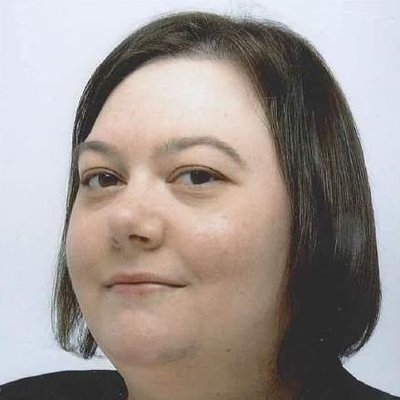
In our latest guest post, Claire Sewell, Research Support Skills Coordinator at the University of Cambridge, explores the relationship between scholarly communications and information literacy. Claire will be one of the speakers at the forthcoming CILIP Information Literacy Group event on “Exploring the intersections of information literacy and scholarly communication”, which will be hosted at Liverpool Central Library on Monday, 2nd December, 2019, Book your place now.
At first glance, a film called Paywall: The Business of Scholarship that looks at the world of scholarly publishing hardly seems like the most thrilling thing to watch. It brings back memories of school when a teacher would wheel out a dusty TV set and you would be forced to watch a two-hour special on a topic hosted by a bearded man dressed in his 1970s best. However, on closer inspection, Paywall is actually quite gripping. Running at just over an hour, the documentary talks to those involved in producing, publishing and reading research outputs about the current pay to access system and the rise of Open Access. As with all good documentary films it raises as many questions as it answers, and this was one of the reasons that a group of us used it as the foundation of a panel session at this year’s LILAC Conference. The session – Information Literacy and Open Access: two movements, one aim – was very well attended and you can read some of the thoughts from the panelists in this Google Doc. One of the main takeaways from everyone in the room was that more discussions needed to happen, and this is where the idea for this new event on Exploring the intersections of information literacy and scholarly communication was born.
The terms scholarly communication and information literacy are ones those working in academic libraries will have struggled to avoid in recent years, but one thing which really struck me at the LILAC panel is how often we hear these terms separately when they should be part of the same conversation. I hear librarians talk a great deal about the need to ensure our users are information literate, and I have conversations with colleagues in scholarly communication about the need to ensure access to information, but are these not both parts of the same lifecycle? Both roles are working towards the effective use of information, so considering only one aspect is like doing a puzzle with some of the pieces missing – you don’t get the full picture. It is important that we think about the wider implications of both movements and ask the difficult questions. How can we teach people how to evaluate information and recognise that there might be outputs they can’t access? Shouldn’t our users understand the political context of the information they can access and how this can impact their own decisions about sharing their work?
In some institutions the reason for this difference is clear as these areas are dealt with by different people in separate departments. However, an increasing number of librarians are finding scholarly communication responsibilities added to their roles, often with little or no training. I often hear from staff who are worried about how to deal with these increased responsibilities, or how they will be able to move into a scholarly communication role without the required skills. This is the area I will be looking at during December’s event – how can librarians develop the skills they need to know in order to work in this constantly evolving area? It can be difficult to know where to start with so much to learn, but I hope my session will help to demystify the world of scholarly communication! I’ll be talking about some of the skills that are crucial to this area, the variety of roles that are available to librarians wanting to work with open access, and offering some tips to help you stay on top of emerging trends. We will also be doing some activities to dissect real job advertisements and break down the terminology to understand better what employers are really asking for. You may be surprised at how many of these skills you already have…
So why not come and join us in Liverpool for a liver-ly time (sorry!) talking about the different ways in which scholarly communications and information literacy fit together? Visit the event webpage to find out more about the other speakers and to book your place. I hope to see you there!

